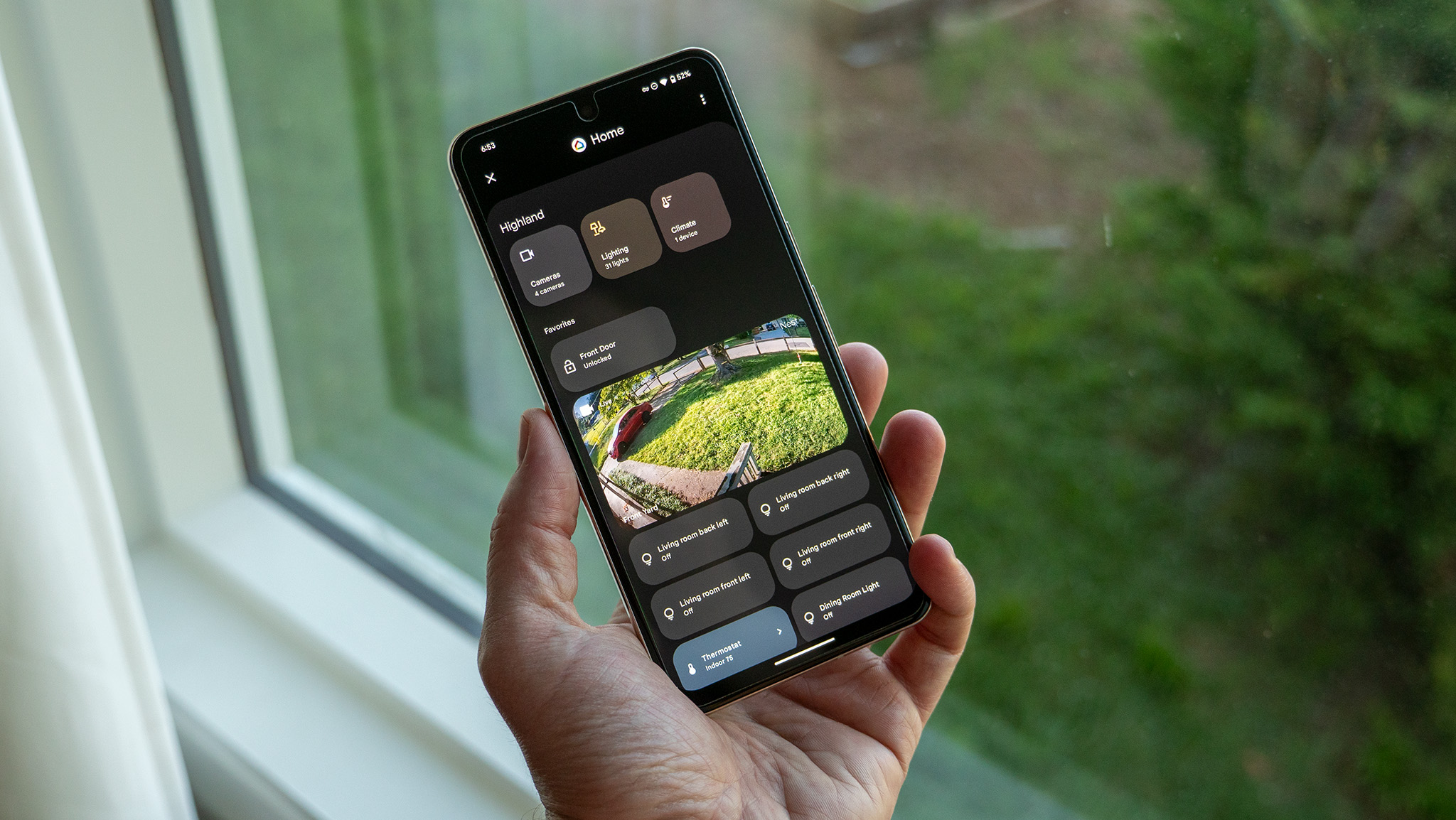Project Iris could be amazing, but Google's rocky past could ruin it
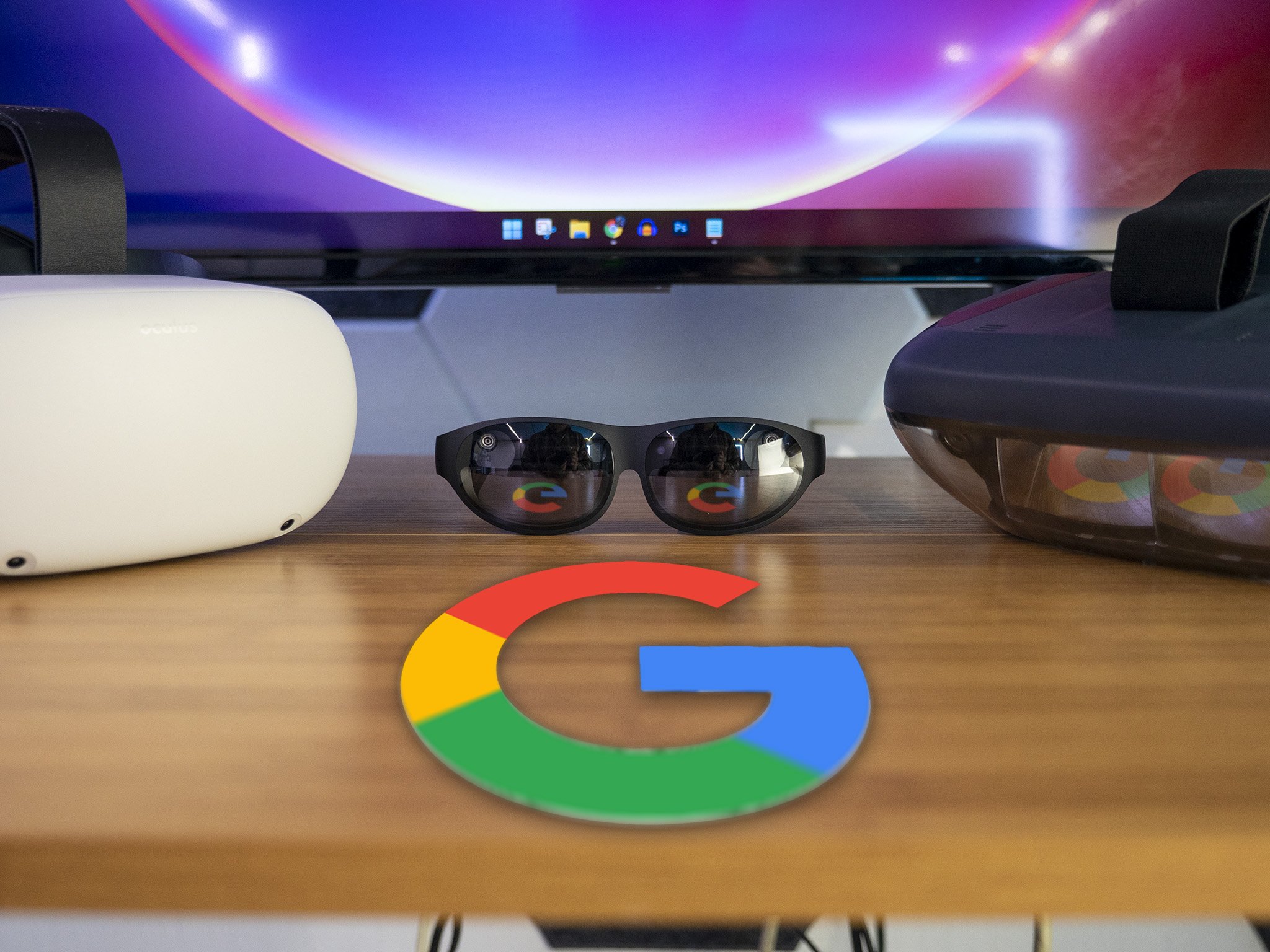
Get the latest news from Android Central, your trusted companion in the world of Android
You are now subscribed
Your newsletter sign-up was successful
Google's storied history in both the AR and VR markets is a long and devastating one. As is the case with many different kinds of mobile technology, Google was way ahead of the curve on these technologies. The company's rumored upcoming AR/VR headset, Project Iris, has all the trappings of becoming one of the best XR — that's the bridged definition of a device that can do AR and VR together — headsets ever created.
The problem is, I don't trust Google to stand behind whatever it builds, and I'm willing to bet plenty of other folks don't, either.
Google Glass was the first pair of AR glasses most people had ever heard of or even seen — outside of sci-fi movies, of course — but the public resentment against wearable cameras caused Google to kill it early.
Similarly, the Lenovo Mirage Solo — which was built upon Google's Daydream VR platform — was the first standalone VR headset to market, beating the original Oculus Quest by a few weeks. That headset, too, died prematurely due to Google's problem with long-term commitment for most of its experiments.
Cue Project Iris, a new rumored XR headset that looks like to blend both AR and VR worlds into one cohesive product. Project Iris promises to take the lessons Google learned from its past mistakes with AR and VR products and combine them with the experience gained from its purchase of North last year into a hero product that fulfills both goals.
The Stadia effect
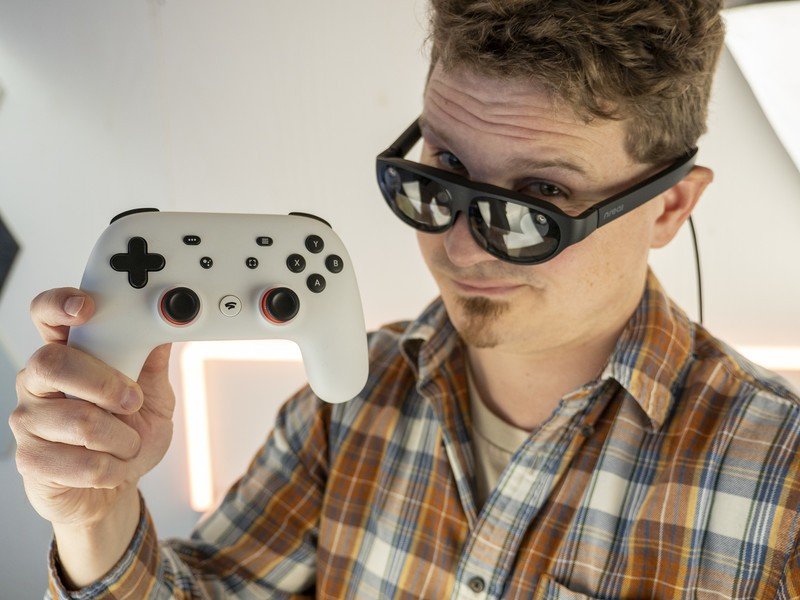
Project Iris has a lot more in common with Google Stadia than it does with Google Glass, Daydream, or even Focals by North. That's because of what I'd like to coin as The Stadia Effect.
When Google Stadia was first announced, it heralded in the next generation of "consoles" a full year before Sony or Microsoft could launch the PS5 or Xbox Series X|S. So the platform wasn't revolutionary, necessarily, but it aimed to do things better than any of the best game streaming apps before it.
Get the latest news from Android Central, your trusted companion in the world of Android
Stadia is extremely good, and its back-to-the-drawing-board design could have worked very well if Google hadn't built it.
In reality, that's the case. Stadia is extremely good, and its back-to-the-drawing-board design could have worked very well if Google hadn't built it.
From the moment Stadia was announced, the talk of the town was whether Google would abandon the project in two years or less. Turns out, that was a self-fulfilling prophecy. Almost exactly two years after it was initially announced at GDC 2019, Google closed its first-party Stadia Studios, taking a slew of incredible talent that now has to find a job elsewhere.
It would be hilarious if it weren't so darn tragic, and this is far from the first time Google has done something like this. There's a website that tracks things killed by Google that now totals nearly 250 apps, services, and pieces of hardware over the years.
Google is great as a research and development company, and they're regularly ahead of the curve with new concepts and implementations. But they're rarely good at supporting and growing those concepts beyond the initial stages. Projects like Android and Chrome OS and services like Gmail and Workspaces are the exception, not the norm.
Google's name, like Meta (and Facebook before it), are names that have become poisoned over the years. The circumstances are quite different, but the outcome is the same; unless it's particularly ground-breaking, people tend to shy away from hardware products from the two companies.
From the moment Stadia was announced, the talk of the town was whether Google would abandon the project in two years or less.
That's certainly not because either company makes bad products. Google's Pixel series of phones is regularly chosen as the best Android phone in any given year, and Facebook-made products like the Oculus Quest 2 and Facebook Portal are phenomenal products that beat the competition in most ways.
I think Anshel Sag, a senior analyst at Moor Insights & Strategy, hits the nail on the head when he told Android Central, "the biggest problem I believe Google has in this space is that the company has simply burned too many bridges with developers, OEMs, and users."
Rebuilding the bridges
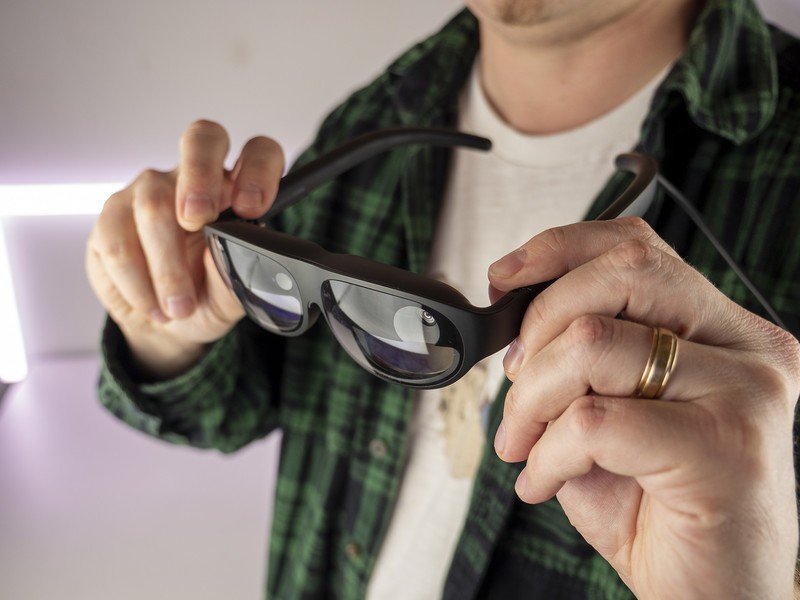
So, where does Google go from here? By all accounts, Project Iris is still at least two years away from commercial release. That's certainly enough time to try to convince at least a few key developers that Google is really, truly serious about its view of the future of XR devices.
Closing Stadia Studios was easily the single worst thing Google could have done to its reputation in recent memory. When the announcement hit, the company cited "the time needed and expensive nature of new games" as the reason for the closure. To say this is absurd doesn't quite skim the surface of how much damage this has done to Google's reputation in the long term.
Closing Stadia Studios was easily the single worst thing Google could have done to its reputation in recent memory.
As Sag says, "Google's attitude towards XR in the past has not instilled much confidence that it will stick with it and not burn everything to the ground again."
Daydream had a ton of potential, mainly since it worked with millions of existing phones that could have easily become a quality VR device with the simple purchase of a pair of controllers and a headset. After all, the original Oculus Quest was — in a very simplified sense — little more than off-the-shelf smartphone parts, including the same Snapdragon 835 chipset that powered the best Android phones in 2017.
Similarly, Sag notes, "Glass was one of the first AR headsets, and now it's an enterprise-only play, and I'm not even sure it's doing much in that space today."
Google relaunched Glass as Google Glass 2 a few years ago and aimed it squarely at the enterprise market, hoping that its more industrial look and feel would better fit that type of customer. We have heard very little of its success or failure since then. It is still available for sale, though, which defies expectations at this point in the game.
Enter Clay Bavor, the person at the helm of Project Iris and current VP of Labs at Google. Previously, Bavor was VP of Google's AR/VR division from 2015 until November 2021, when he was promoted to the Labs division. Per his LinkedIn profile, Bavor specialized in "forward-looking efforts like AR/VR, Project Starline, Area 120," showing that Google's rekindled interest in XR is a bit wider spread out than it previously was.
Clay Bavor could be the key to helping Google rebuild its reputation among consumers and developers.
Now, I have faith in Bavor. His past projects have proven that he can manage a team capable of making amazing products. With his and his team's expertise — especially since that team is likely comprised of folks that have worked on past Google XR projects, as well as the Focals by North team — Project Iris will, doubtless, be an amazing and maybe even ground-breaking product to challenge both Meta and Apple in the future.
Clay Bavor could be the key to helping Google rebuild its reputation among consumers and developers.
But, as Sag points out, "If Google wants to be successful with Project Iris, it needs to behave differently and show that the company is invested in XR for the long haul and not just appeasing investors by re-entering XR to say that it has a Metaverse play."
The privacy conversation
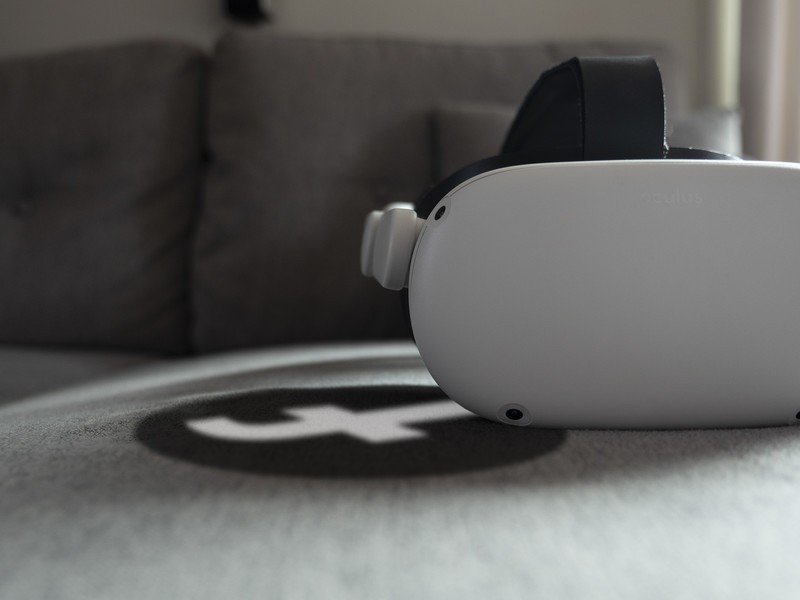
There's little doubt that many people don't trust Facebook — or Meta — to some degree. No matter where you sit on the American political spectrum, no matter how tech-savvy you are (or aren't), everyone has an opinion on the company and its issue with user privacy.
Given that Meta is the leading authority in the VR space with over 10 million Quest 2s sold — that's roughly 2 million more units than all combined Xbox units sold in 2021 — Google and Apple will have a lot of catching up to do not just in raw tech, but also content libraries.
"Remember Glassholes? Yeah, we didn't like them either." There's a bone for you, Google. Go ahead and take it.
But both companies can use the topic of privacy to promote their products over Meta's.
Apple has the better track record of the three for protecting user privacy, but Google has a special place in this conversation in which it can use its expertise (and past mistakes) to drive the conversation.
Back when Google Glass first debuted, the inclusion of cameras on a pair of glasses worried more than a few people. Some particularly annoying users were even deemed "Glassholes." Urban Dictionary accurately defines the term as: "A person who wears Google Glass and refuses to remove it when directly interacting with other people, private gatherings, or public events."
But society has evolved since then — for better or worse — and having cameras on glasses or smartwatches isn't taboo in the way it once was.
Still, Google could make plenty of humorous anecdotes about how it learned from the situation, even when it had less to do with its products and more with its users. "Remember Glassholes? Yeah, we didn't like them either." There's a bone for you, Google. Go ahead and take it.
At the end of the day, Google Glass was an incredible product that did everything it promised. Not only that, but it did these things incredibly well and did them years before other companies could even get around to designing a proper competing product.
Whether or not Google's Project Iris is a pair of smart glasses, a VR headset, or an ingenious mix of the two is anyone's best guess. But I know one thing: No matter how good it is, Google has a lot of work to do to convince everyone it actually cares about XR and will support this product long term.

